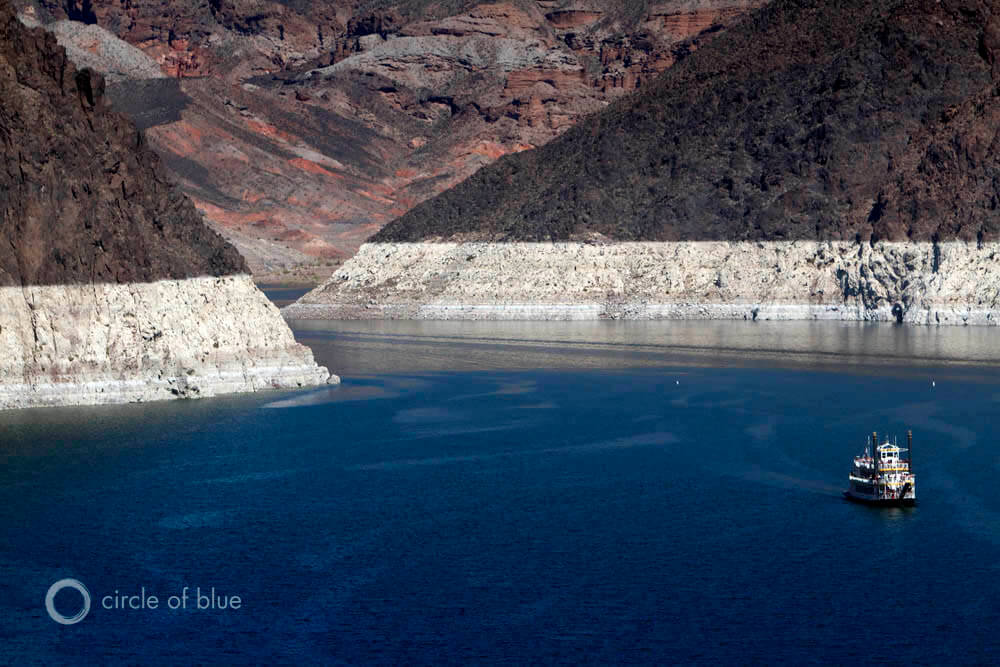Evaporated Water
Smart Water Magazine
“This is a case about evaporated water.” Thus began U.S. Supreme Court Justice Brett Kavanaugh’s opinion for the Court in Texas v. New Mexico, decided on December 14, 2020. Wait a minute! The Supreme Court is a very busy Court with complicated, serious legal problems to resolve, yet they heard one about something that no longer exists?

John Wesley Powell, Great Explorer of the American West
Scientific American
June 26, 2019
June 26, 2019
Just over 150 years ago, on May 24, 1869, John Wesley Powell set off from Green River in the Wyoming Territory, into the “great unknown,” the first known descent of the Colorado River through the Grand Canyon.
Three Authors See Water, Water Everywhere, for Better and Worse
NY Times
March 30, 2018
March 30, 2018
The most pernicious consequence of global warming is the rise of sea levels, which threatens cities around the world and has already triggered what may become the largest mass migration in human history.
